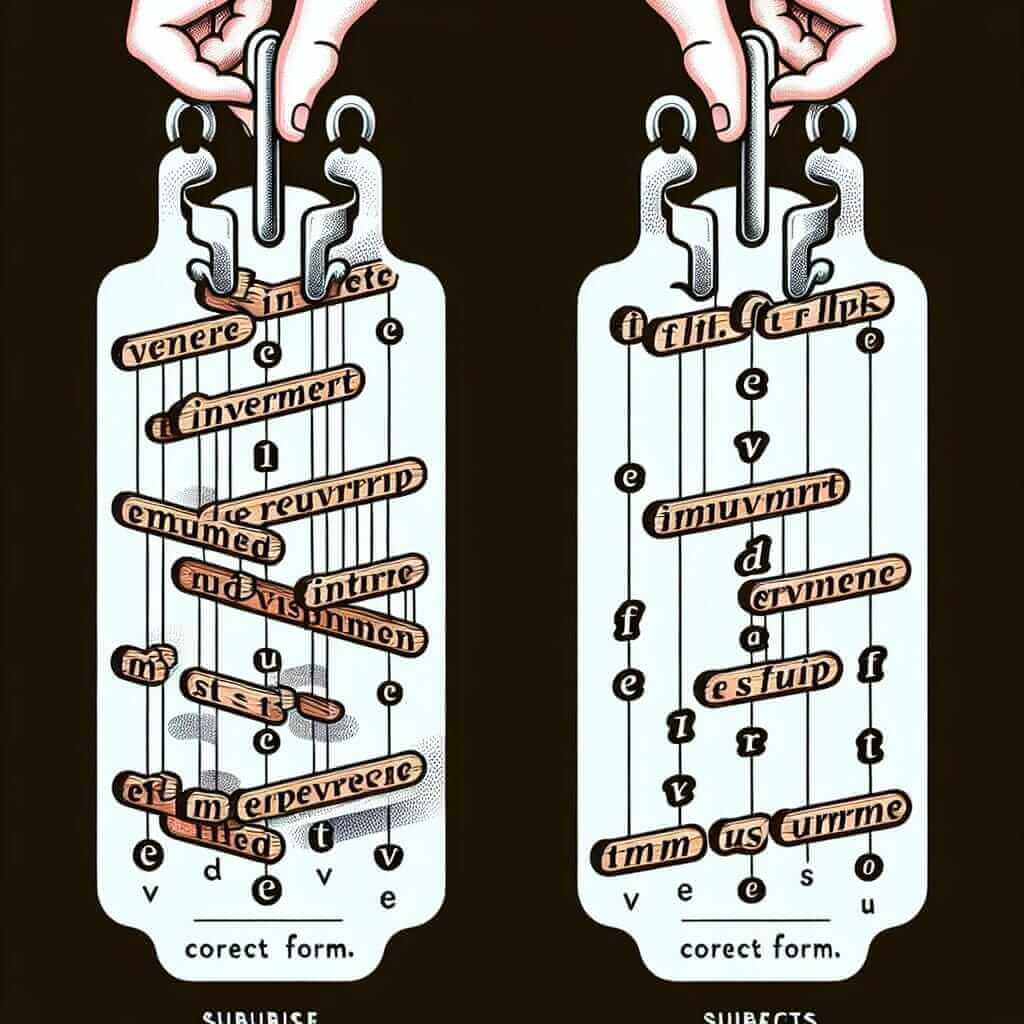The phrase “Not a single moment did he waste” immediately grabs our attention. Why? Because it deviates from the typical Subject-Verb-Object order we’re accustomed to in English. This inversion, starting with the negative adverbial “Not a single moment,” throws emphasis on the fact that absolutely no time was wasted.
This structure, while not overly common in everyday speech, is a powerful tool for IELTS Writing, particularly in Task 1 (describing trends) and Task 2 (expressing opinions forcefully).
Here are some examples demonstrating its potential across different IELTS sections:
IELTS Writing Task 1:
- Standard: “The price of gold increased steadily throughout the period.”
- With Emphasis: “Not once did the price of gold decline during the given timeframe.”
IELTS Writing Task 2:
- Standard: “Some people believe that technology has made us less connected.”
- With Emphasis: “At no point in history have we had such sophisticated tools for communication, yet some argue technology isolates us.”
Speaking Part 3:
- Standard: “The government’s new policy was immediately effective.”
- With Emphasis: “Not a moment was wasted – the government’s new policy had an immediate impact.”
In each example, the emphasized version adds weight and a touch of sophistication to your language, showcasing a wider range of grammatical structures.
Understanding Inversion for Emphasis
In English grammar, inversion is a powerful tool for emphasis. It involves reversing the typical subject-verb order in a sentence. The phrase “Not a single moment did he waste” uses inversion to highlight the absence of wasted time.
The Formula for Emphasis Through Inversion
The basic formula for creating this type of emphasis is:
Negative Adverbial + Auxiliary Verb + Subject + Main Verb
Let’s break it down:
-
Negative Adverbial: This often includes words like “never,” “rarely,” “seldom,” “hardly,” “scarcely,” “not only,” “no sooner,” “under no circumstances,” and in our case, “not a single moment.”
-
Auxiliary Verb: This depends on the tense of the main verb. Common auxiliary verbs include “do,” “does,” “did,” “has,” “have,” “had,” “is,” “are,” “was,” “were.”
-
Subject: The person or thing performing the action.
-
Main Verb: The action being performed.

Applying Inversion in IELTS Writing
This structure is particularly useful in IELTS Writing for:
- Presenting strong opinions: “Under no circumstances should we compromise on environmental protection.”
- Highlighting key trends in data (Task 1): “Not once did the unemployment rate fall below 5% during the decade.”
- Adding sentence variety and demonstrating grammatical range.
Model Examples for IELTS
Let’s illustrate how this structure enhances your writing with more specific examples:
Task 1:
- The graph shows a sharp decline in the number of smokers in the UK.
- Enhanced: “Rarely has such a dramatic decrease been observed as in the number of UK smokers, as depicted in the graph.”
Task 2:
- Many people believe that the government should invest more in public transportation.
- Enhanced: “Not only is public transportation essential for reducing pollution, but it also plays a vital role in alleviating traffic congestion – a point often overlooked.”
Avoiding Common Mistakes
While inversion is a powerful tool, using it incorrectly can harm your score. Common errors include:
-
Incorrect auxiliary verb: Using “do/does/did” when the sentence requires “has/have/had” or “is/are/was/were” will lower your grammar score.
- Incorrect: “Never he did see such a thing!”
- Correct: “Never had he seen such a thing!”
-
Forgetting to invert the subject and verb:
- Incorrect: “Rarely the economy is in such a state.”
- Correct: “Rarely is the economy in such a state.”
-
Overusing inversion: While effective, using it too often can make your writing sound unnatural and forced. Use it sparingly for maximum impact.
Conclusion: Mastering Inversion for IELTS Success
Incorporating emphatic inversion, like the structure in “Not a single moment did he waste,” can significantly enhance your IELTS writing. It showcases your grammatical range, adds weight to your arguments, and makes your writing more engaging. By understanding the formula, practicing its application, and being mindful of common errors, you can confidently wield this powerful tool to boost your IELTS score.